Knowing which fruits and veggies are best for you can be a game-changer when it comes to eating healthy.
That's where the "Dirty Dozen" and "Clean 15" come into play. These lists, updated yearly by the Environmental Working Group (EWG), help you determine which produce has the most pesticides and which are cleaner so you can shop wiser.
Let's dive in and find out what makes these lists so essential for your grocery trips.
What is the Dirty Dozen?
The Dirty Dozen list points out the 12 fruits and vegetables with the highest levels of pesticide residue. It's based on tests done by the Department of Agriculture and the Food and Drug Administration.
It's a carefully researched guide highlighting the fruits and vegetables most likely to carry a high load of pesticides.

Why Pesticides Matter
Pesticides are chemicals used in farming to kill pests that damage crops. While they're effective for keeping produce fresh and abundant on store shelves, they have a downside.
Pesticide exposure has been linked to a range of health issues, from temporary symptoms like headaches and nausea to more severe, long-term risks like endocrine disruption, reproductive problems, and even cancer.
This is particularly concerning for vulnerable populations like children, pregnant women, and the elderly.
The Dirty Dozen: A Closer Look
While opting for organic versions of these foods can mitigate risks, failing to do so may expose you to various potential harms.
Increased Chemical Exposure
Choosing conventionally grown produce from the Dirty Dozen list means you're likely ingesting higher amounts of pesticides. These chemicals are designed to kill living organisms and can adversely affect human health.
Potential Health Risks
The health implications of prolonged pesticide exposure are well-documented and concerning. Studies have linked pesticide residues to a range of health issues, including neurological problems, cancer risk, and hormonal disruptions.
Environmental Consequences
The environmental impact of conventional farming practices used for the Dirty Dozen crops extends beyond personal health concerns.
These practices often rely heavily on synthetic pesticides and fertilizers, which can contaminate waterways and harm wildlife.

2023 Dirty Dozen List
- Strawberries
- Spinach
- Kale, Collard, and Mustard Greens
- Peaches
- Pears
- Nectarines
- Apples
- Grapes
- Bell and Hot Peppers
- Cherries
- Blueberries
- Green Beans
Why the Clean 15 Matters
The Clean 15 is the counterpart to the Dirty Dozen, offering fresh air to those concerned about pesticide exposure but mindful of their budget.
Compiled annually by the Environmental Working Group (EWG), this list highlights the fruits and vegetables that test lowest for pesticide residues. It's a resource that can help you make informed decisions about when choosing non-organic produce is generally okay.
Benefits of the Clean 15
The Clean 15 list is the brighter side of the coin when making informed choices about your nutrition. Let’s see why:
Lower Pesticide Residues
The produce on the Clean 15 list demonstrates significantly lower concentrations of pesticides compared to their Dirty Dozen counterparts. This is due to various factors, including natural resistance to pests, which reduces the need for chemical interventions.
For many consumers, the Clean 15 offers a practical way to enjoy a wide variety of produce without the added cost of buying organic.
Cost-Effective Healthy Eating
Organic produce typically comes with a higher price tag due to more labor-intensive farming practices and the lower yield per acre.
Clean 15 offers a list of non-organic produce you can feel comfortable buying, significantly reducing your grocery bill without compromising your health.
Environmental Considerations
While the Clean 15 items may not always be grown with organic methods that benefit the environment as those used for organic crops, choosing these lower-pesticide options can still contribute to a more sustainable eating pattern.
By supporting crops that require fewer chemical interventions, consumers can play a role in encouraging more environmentally friendly farming practices.
Clean 15 List for 2023
- Avocados
- Sweet Corn
- Pineapple
- Onions
- Papaya
- Sweet Peas (Frozen)
- Asparagus
- Honeydew Melon
- Kiwi
- Cabbage
- Mushrooms
- Mangoes
- Sweet Potatoes
- Watermelon
- Carrots

Shopping Smart with the Dirty Dozen and Clean 15
Knowing which fruits and vegetables carry the most and least pesticides, you can confidently navigate the grocery store aisles.
Here’s how to put this knowledge into practice:
#1 Prioritize Your Produce
Start by focusing your organic purchases on the Dirty Dozen.
If you have a limited budget for organic produce, these are the items where you should invest. For everything else, choose non-organic options from the Clean 15 list.
#2 Wash and Prep Properly
While washing fruits and vegetables doesn't remove all pesticides, it can reduce their presence.
Use water and, if possible, a vegetable brush to scrub the surfaces of hard-skinned produce. Soaking and then rinsing in clean water can help remove some surface residues for leafy greens.
#3 Explore Local and Seasonal
Local farmer's markets are a great place to find fresh, seasonal produce that may have lower pesticide levels than those found in supermarkets.
Small local farms often follow organic practices even if they need to be certified organic due to the cost of certification.
#4 Understand Labeling
Learn the meaning behind labels, especially organic vs. natural. "Organic" means the produce was grown without synthetic pesticides or fertilizers, but "natural" doesn’t have a strict definition and doesn’t guarantee pesticide-free produce.
Look for the USDA Organic label for the best assurance of organic practices.
#5 Diversify Your Diet
Eating a wide variety of fruits and vegetables is the best way to ensure you're getting all the necessary nutrients.
Don't let fear of pesticides deter you from enjoying the full spectrum of produce available. The health benefits of a diet rich in fruits and vegetables outweigh the risks of pesticide exposure.
#6 Stay Informed
The EWG updates the Dirty Dozen and Clean 15 lists annually based on the latest testing data. Keep an eye on these updates to adjust your shopping habits accordingly.
Remember, farming practices and pesticide regulations can change, affecting which produce ends up on these lists.

Make Smart Food Choices with Ultimate Nutrition
Making informed decisions about the fruits and vegetables you consume is crucial.
Ultimate Nutrition offers a range of high-quality, research-backed supplements designed to fuel your body and support your fitness goals. Explore our All Natural protein powders from Veggie Greens to Clean Whey.
For nutritious meals, explore our supplement-based recipes. Our nutrition-oriented blog will keep you fueled with the latest health facts, from energy-boosting foods to the benefits of flexible dieting.
The nutrition world can take time to navigate. We’ll keep you on your feet.
The information provided in our articles are meant for informational and educational purposes exclusively and should not be considered as medical advice. It is essential to consult a healthcare professional before starting a new nutritional product and/or making significant changes to your diet and/or starting a new exercise regime. These products are not intended to diagnose, treat, cure, and/or prevent disease.

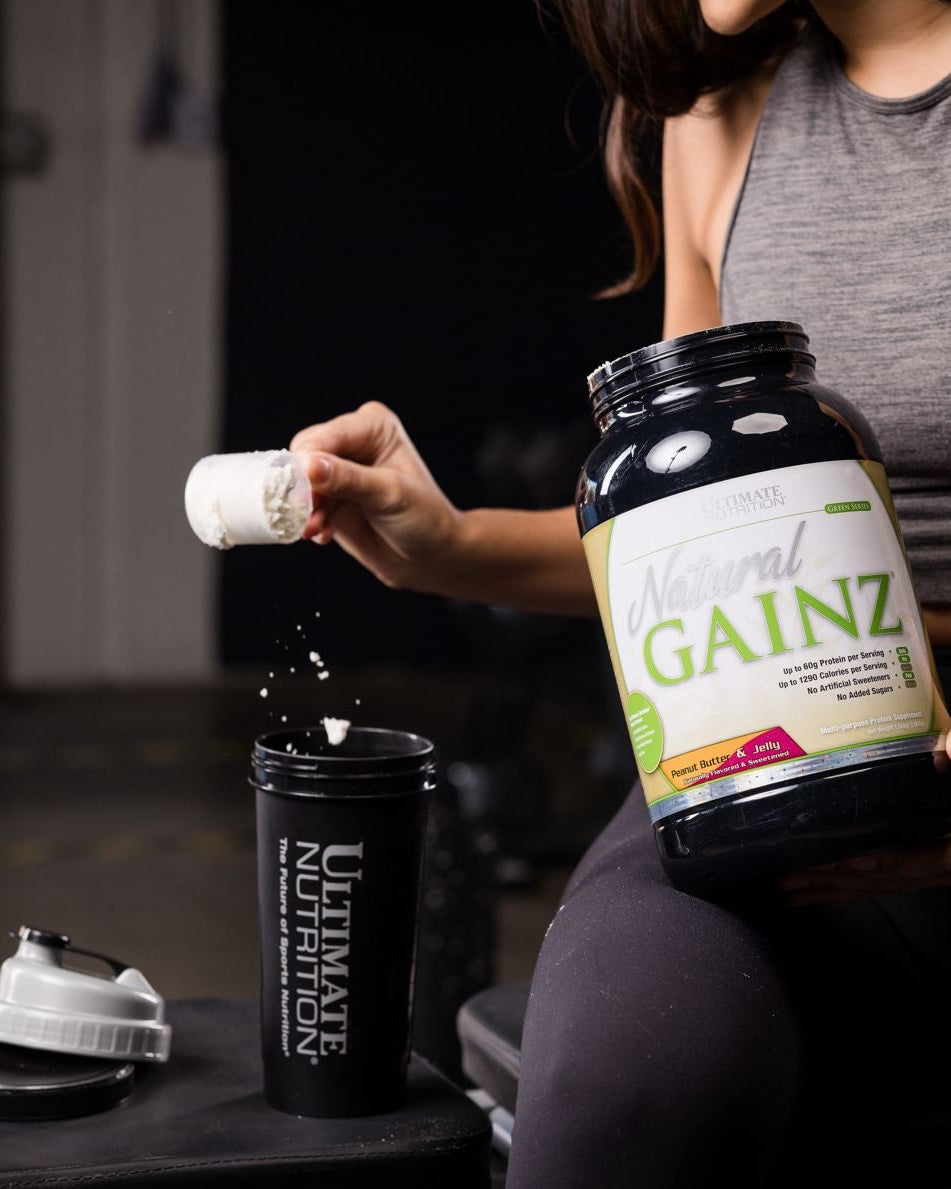
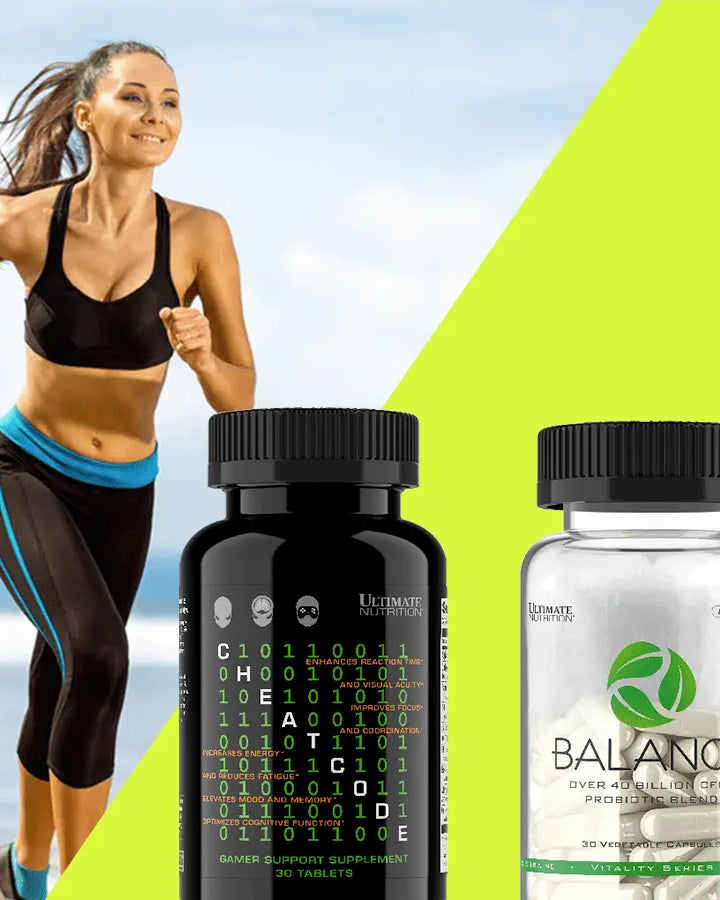
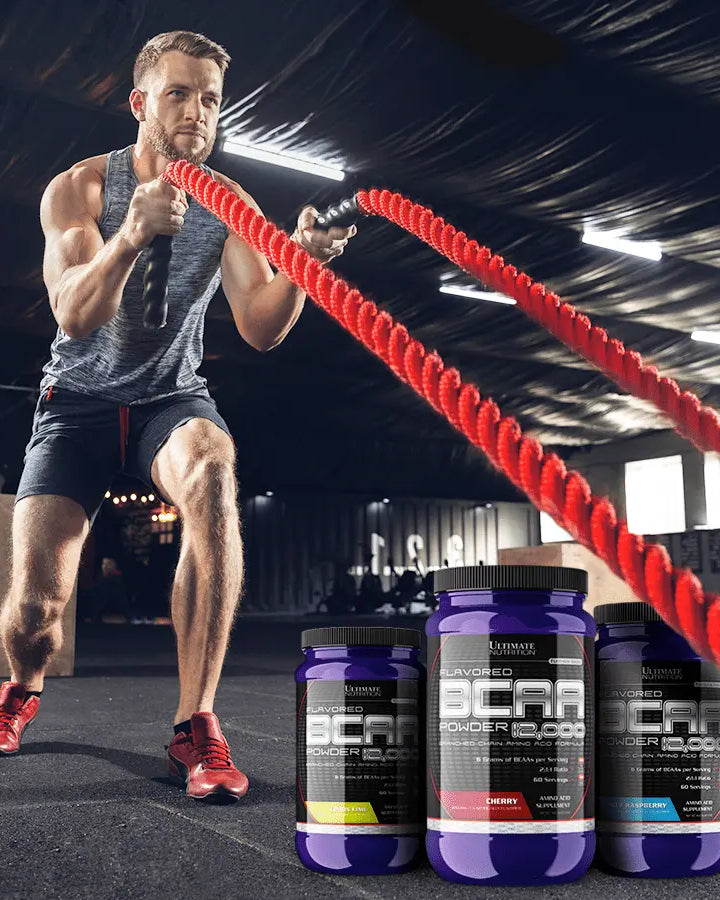
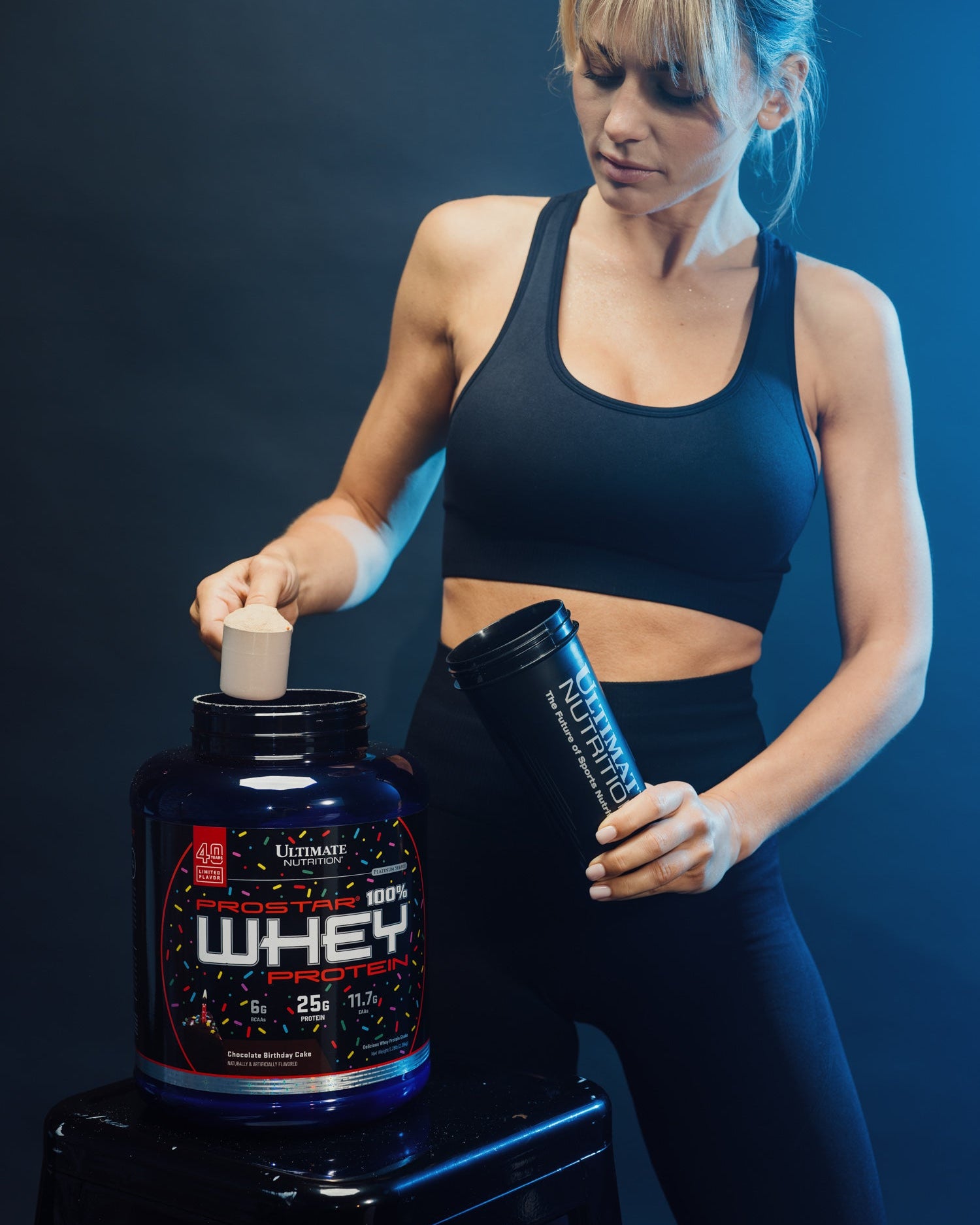
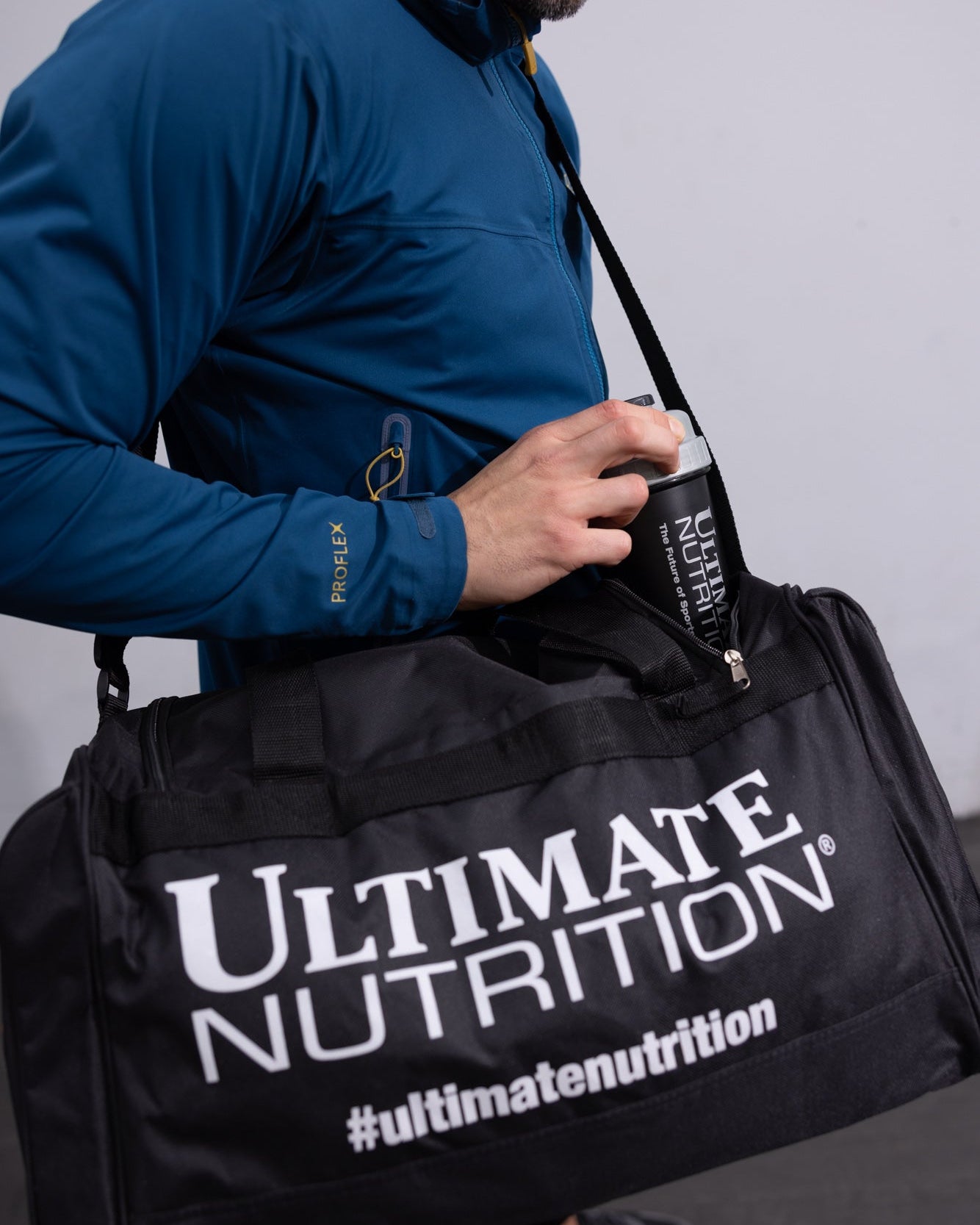
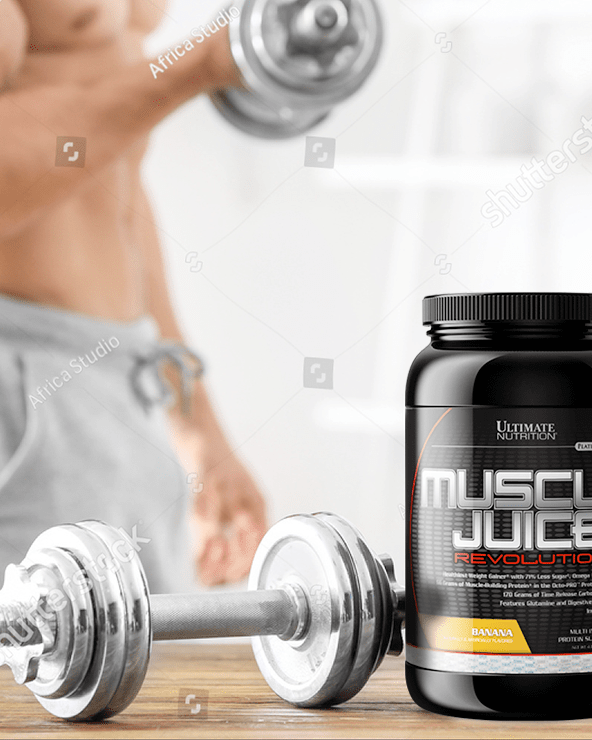















Comments
Are non organic walnuts safe to eat?
Thank you.
Never drink non-organic coffee, tea, or wine. Coffee and wine have a ton of toxins from pesticides, etc. Toxins in the body will block weight loss because the toxins are housed in fat cells to protect the organs. Fasting and especially autophagy will clear out toxins fast and allow for rapid weight loss.
Great info… thank you 😊 see thick skin is a good thing lol
Very interesting read,great to know this information definitely change my way of shopping.